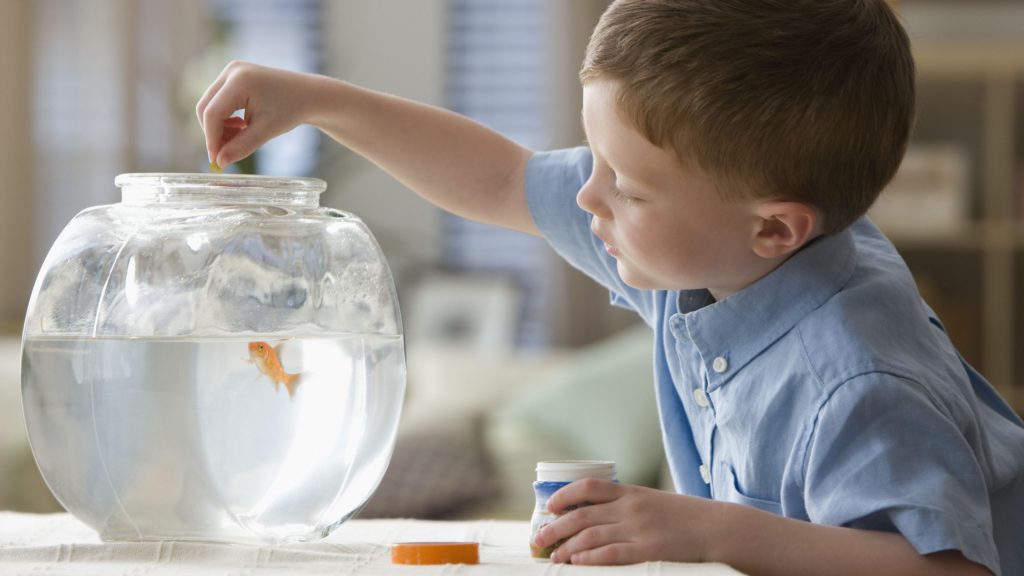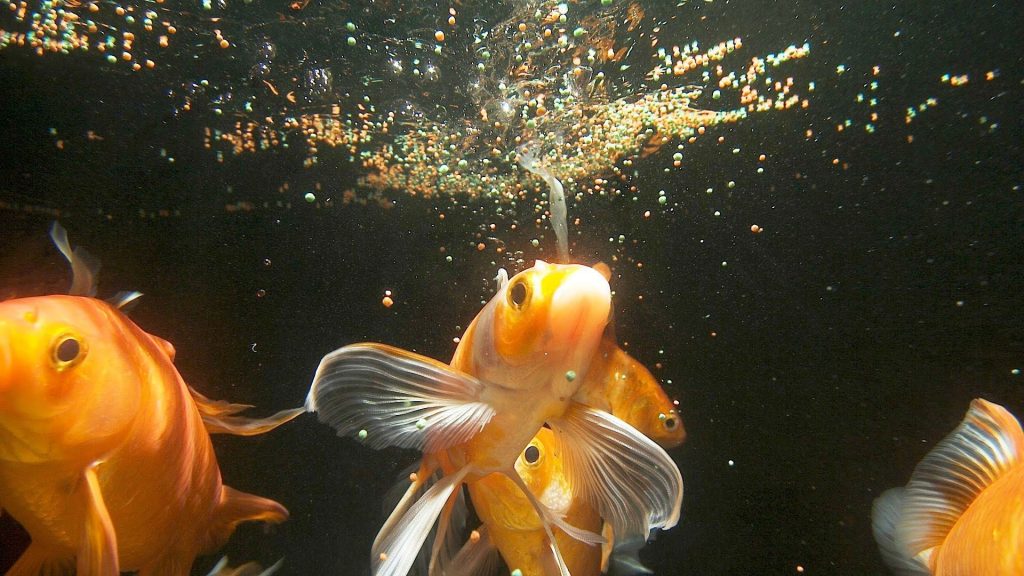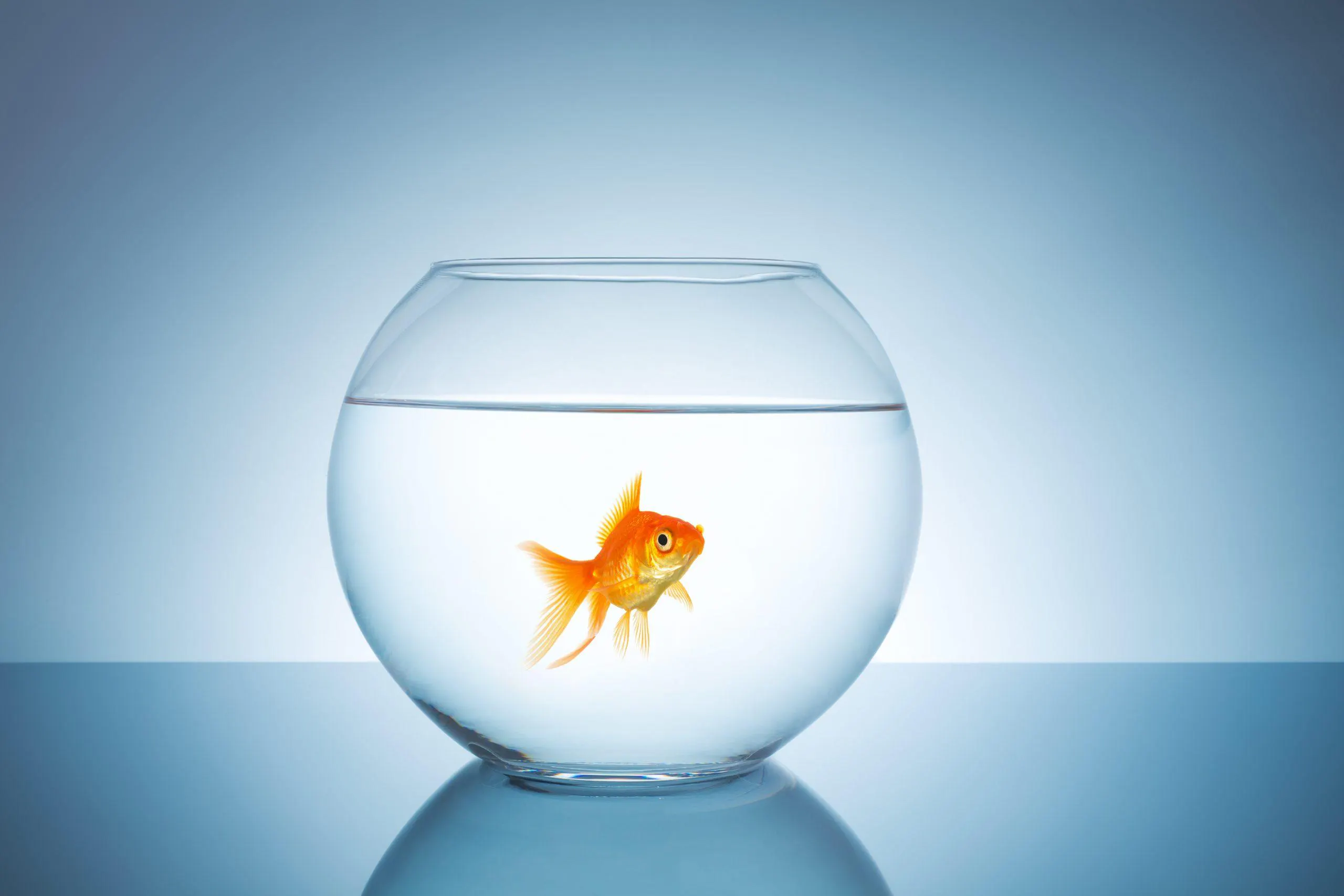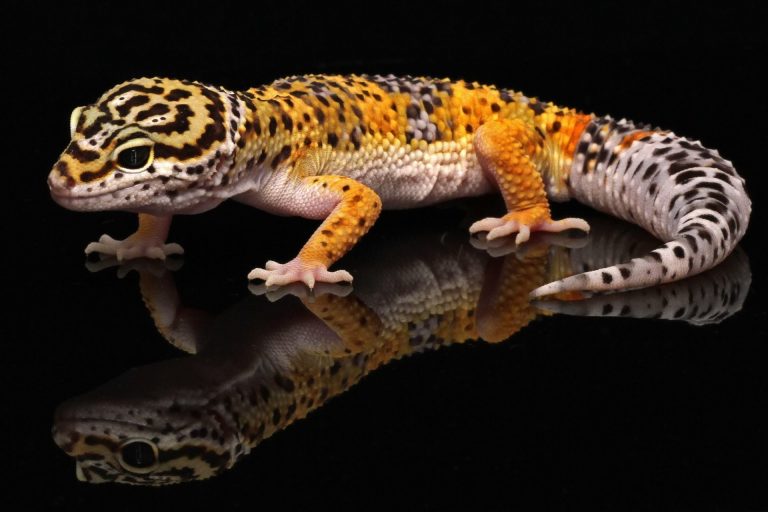Table of Contents
If you’re a goldfish owner planning a vacation or have simply forgotten to feed your finned friends for a few days, you may be wondering how long can goldfish go without food in a bowl. While goldfish are hardy creatures, proper feeding is crucial for their health and longevity. In this comprehensive guide, we’ll explore the factors that affect a goldfish’s ability to go without food, provide general timelines, and offer tips for responsible feeding practices.
Understanding a Goldfish’s Feeding Habits

To understand how long goldfish can survive without food in a bowl, it’s essential to first consider their natural feeding behavior. In the wild, goldfish are opportunistic omnivores, grazing on a variety of plant matter, insects, and even small crustaceans throughout the day. However, in a contained bowl environment, their feeding patterns may differ.
Goldfish in bowls or tanks typically rely on their owners to provide a balanced diet, as their food sources are limited. They have adapted to consume a variety of commercial fish foods, including flakes, pellets, and freeze-dried treats. Proper feeding is essential to maintain their energy levels, support growth, and ensure overall well-being.
Factors Affecting a Goldfish’s Ability to Go Without Food
Several factors can influence how long can goldfish go without food in a bowl. Understanding these variables is crucial in determining a safe timeframe for your pet.
- Water Temperature: The temperature of the water plays a significant role in a goldfish’s metabolism and, consequently, its ability to go without food. In cooler water temperatures (below 70°F or 21°C), a goldfish’s metabolism slows down, allowing it to conserve energy and go longer without food.
- Bowl Size and Oxygen Levels: The size of the bowl and the oxygen levels in the water can also impact a goldfish’s survival time without food. In a small bowl with limited surface area for oxygen exchange, a goldfish may struggle to obtain sufficient oxygen, which can accelerate its decline without food.
- Age and Size of the Goldfish: Younger and smaller goldfish generally have higher metabolic rates and may require more frequent feedings than their larger, older counterparts. As goldfish age and grow, their ability to go without food for extended periods may increase.
- Overall Health of the Goldfish: A goldfish’s overall health and condition can significantly influence its resilience during periods without food. Stressed or diseased goldfish may have a lower tolerance for fasting and may require more frequent feedings to maintain their well-being.
General Timelines for Goldfish Going Without Food

While individual factors can affect a goldfish’s ability to go without food, here are some general timelines to consider:
| Temperature Range | Approximate Survival Time |
|---|---|
| Below 60°F (15°C) | Up to 2 weeks |
| 60°F – 70°F (15°C – 21°C) | 1 – 2 weeks |
| 70°F – 80°F (21°C – 27°C) | 7 – 10 days |
| Above 80°F (27°C) | 3 – 5 days |
It’s important to note that these timelines are estimates, and individual factors, such as bowl size, oxygen levels, and the goldfish’s overall health, can significantly impact their survival time without food.
Signs That a Goldfish Needs to Be Fed
Even if you’re within the general timelines for your goldfish going without food in a bowl, it’s crucial to watch for signs that your pet is hungry and in need of nourishment. Here are some common indicators that your goldfish requires feeding:
- Swimming frantically or acting agitated
- Gulping air at the surface of the water
- Appearing lethargic
- Visible weight loss or sunken belly
- Increased interest in potential food sources (e.g., plants, decorations)
If you notice any of these signs, it’s essential to resume feeding your goldfish as soon as possible to prevent further deterioration of their health.
Potential Risks of Extended Periods Without Food
If are you Worrying about how Long can goldfish go without food in a bowl or a tank? While goldfish can survive for a certain period without food, prolonged fasting can severely affect their well-being. Here are some potential risks associated with extended periods without food:
- Starvation: Without adequate nutrition, goldfish can eventually succumb to starvation, leading to organ failure and death.
- Weakened immune system: Lack of proper nutrition can weaken a goldfish’s immune system, making it more susceptible to diseases and infections.
- Organ damage: Prolonged fasting can lead to organ damage, particularly in the liver and digestive system, which can have long-lasting effects on the goldfish’s health.
- Stunted growth: Inadequate nutrition during critical growth stages can stunt a goldfish’s development, leading to permanent growth deficiencies.
To avoid these risks, it’s essential to resume a regular feeding schedule as soon as possible and monitor your goldfish’s health and behavior closely.
Tips for Responsible Goldfish Feeding
Proper feeding is essential for the health and well-being of your goldfish. Here are some tips for responsible goldfish feeding practices:
Feeding Frequency and Quantity:
- Feed your goldfish two to three times per day, offering small amounts that they can consume within a few minutes.
- Overfeeding can lead to water quality issues and health problems, so it’s crucial to avoid overfeeding.
Varied Diet:
- Provide a varied diet consisting of high-quality goldfish flakes, pellets, and occasional treats like freeze-dried or live foods.
- A diverse diet ensures your goldfish receives a balanced intake of nutrients.
Regular Water Changes:
- Perform regular partial water changes to maintain good water quality and remove excess food and waste.
- Poor water quality can stress your goldfish and contribute to health issues.
Automatic Feeders or Pet Sitters:
- Consider investing in an automatic fish feeder or arranging for a pet sitter to feed your goldfish while you’re away for extended periods.
- This can help prevent prolonged periods without food and ensure your goldfish receive proper nourishment.
Monitor Health and Behavior:
- Regularly observe your goldfish’s behavior and appearance for any signs of health issues or nutritional deficiencies.
- Prompt attention to any concerns can help prevent more serious problems.
Final Words
Goldfish are resilient creatures, but their ability to go without food has its limits. By understanding the factors that affect their survival time without food, recognizing signs of hunger, and practicing responsible feeding habits, you can ensure the health and well-being of your finned friends. Remember, proper nutrition is essential for goldfish, and prolonged fasting can have severe consequences. With the knowledge and tips provided in this guide, you can make informed decisions about your goldfish’s feeding schedule and provide them with the care they need for a long and thriving life in their bowl.












